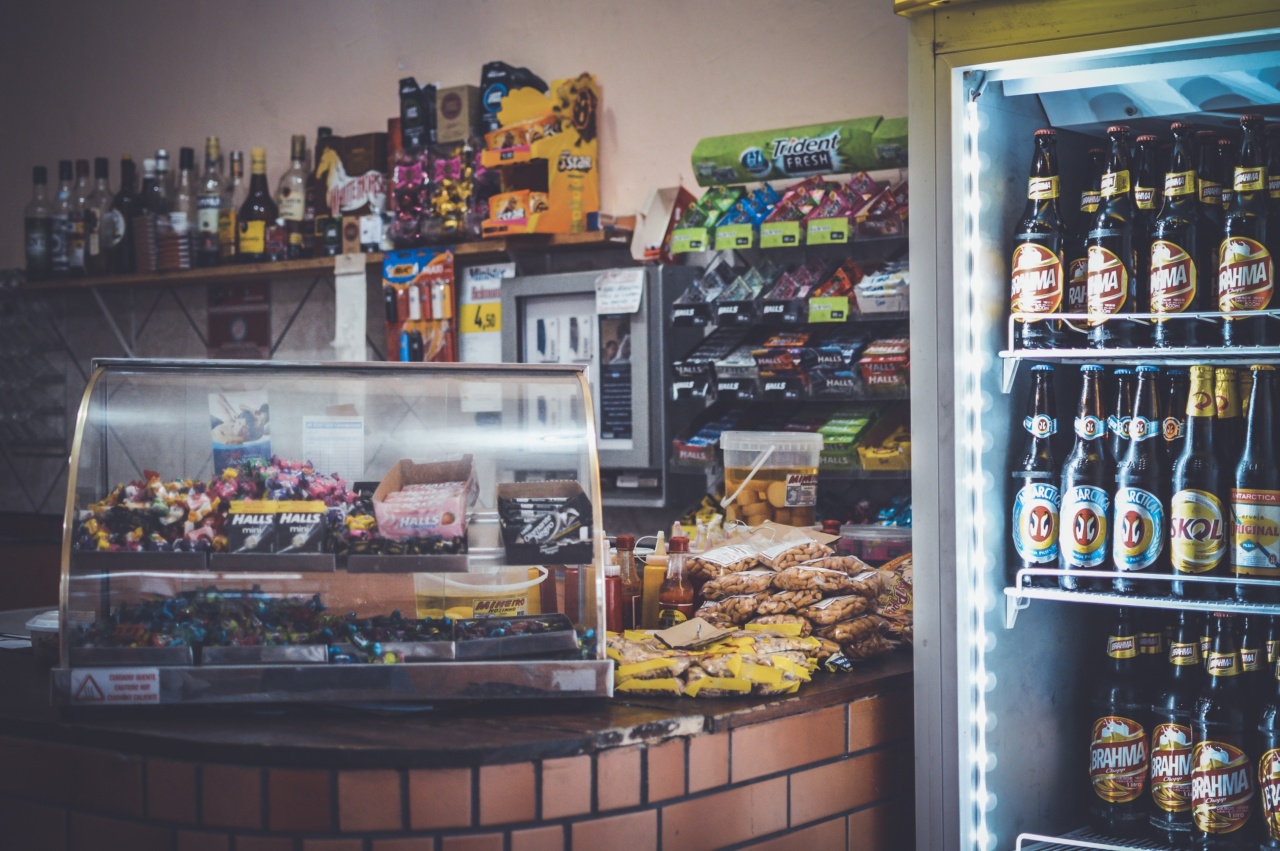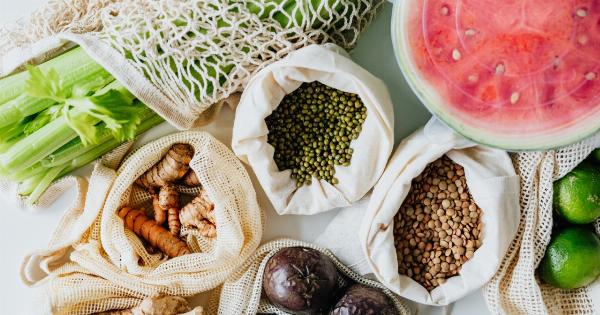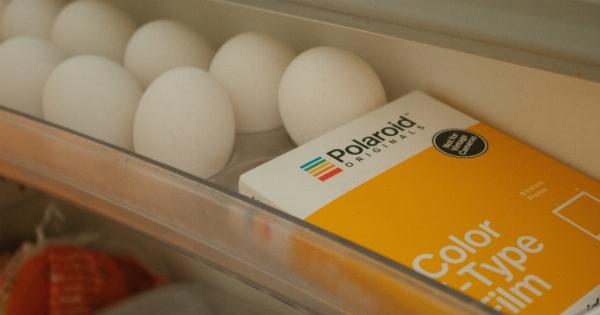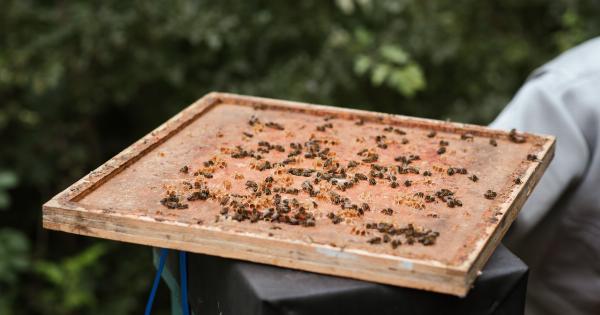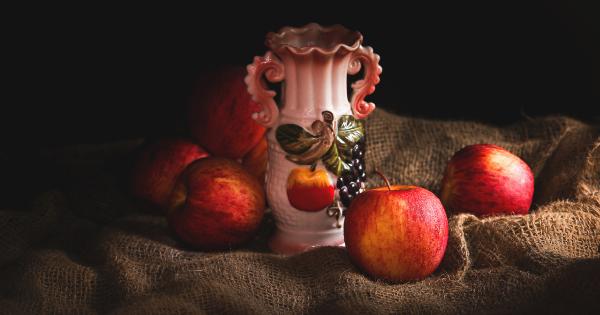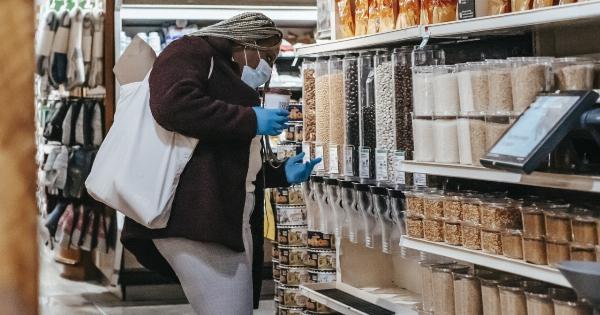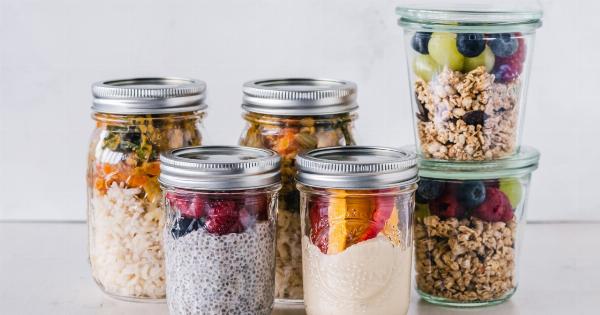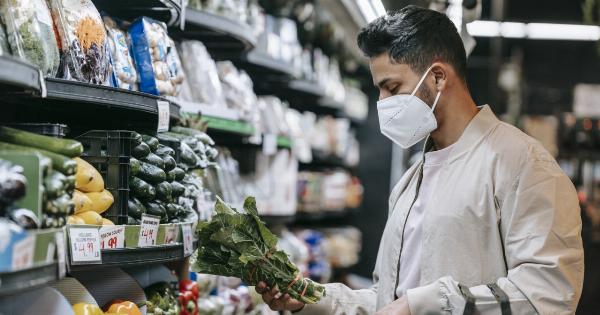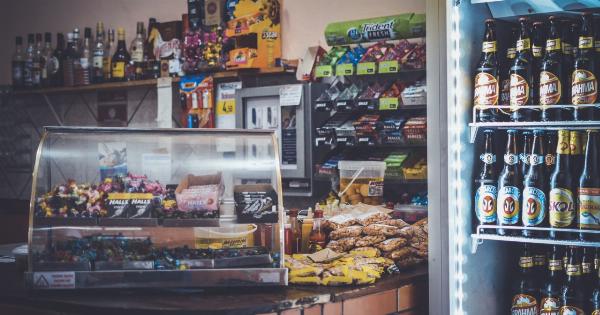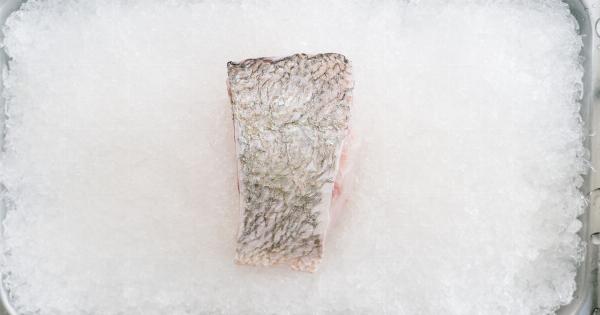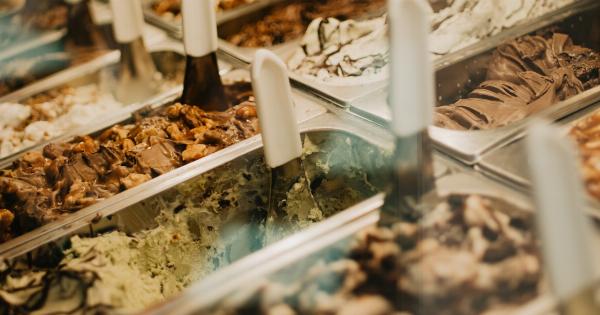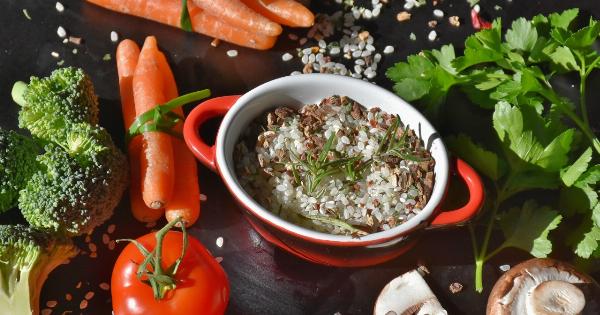A refrigerator is an incredible appliance that helps us to store our food conveniently and keep it fresh for longer periods. However, not all types of food should be kept in the fridge.
Some foods lose their texture, taste, and nutritional value when kept in the refrigerator. Here are nine types of food that should not be stored in your refrigerator:.
Eggs
Eggs are a staple in most households and can be cooked in a variety of ways. However, storing them in the fridge may not be the best idea. Eggs have a protective coating on their shells called the cuticle that keeps bacteria out.
When eggs are refrigerated, the cuticle is removed, and the shells become more porous, which can lead to bacterial contamination. It’s best to store eggs at room temperature if you’re going to use them within a week.
Bread
Many people think that storing bread in the fridge can keep it fresh for longer, but that is not the case. Bread tends to go stale faster in the refrigerator than at room temperature.
The cold air in the fridge dries out the bread, making it hard and crumbly. Instead, store your bread in a breadbox or a pantry to keep it fresh and soft for longer.
Tomatoes
Tomatoes are another food item that should be kept out of the fridge. Cold temperatures can make tomatoes mealy and mushy, ruining their texture and flavor. Keeping tomatoes at room temperature helps to maintain their natural texture and taste.
If you need to store your tomatoes for a more extended period, a cool, dark place such as a pantry or cellar is ideal.
Onions
Onions are best kept in a cool, dry, and well-ventilated area and not in the fridge. The cold temperature of the refrigerator can make onions soft and moldy. Additionally, they will absorb moisture in the fridge, making them less crispy and fresh.
Avocado
Avocado is an incredibly nutritious food item that is rich in healthy fats, vitamins, and minerals. However, storing ripe avocados in the fridge can cause them to turn brown and spoil faster.
It’s best to store your avocados at room temperature until they are ripe, then refrigerate them to prevent them from getting overripe too quickly.
Potatoes
Potatoes should be stored in a cool, dry, and dark place and not in the fridge. The cold temperature in the refrigerator can convert the potato’s starch to sugar, resulting in a sweeter and softer texture.
Additionally, potatoes will sprout much faster in the fridge, so it’s best to keep them in a cool, dry area away from direct sunlight.
Honey
Honey is a natural sweetener that doesn’t need to be stored in the fridge. The cold temperature of the fridge will cause honey to become thick and crystallized, making it hard to pour and spread.
You can store honey at room temperature, and it will remain fresh and pliable for a long time.
Coffee
Storing coffee in the fridge can seem like a logical choice, but it can actually harm its flavor and aroma. The moisture and odors in the fridge can affect the coffee’s taste, and it can take on the flavors of the surrounding foods.
Instead, store your coffee in an airtight container in a cool, dry, and dark place, and it will stay fresh and flavorful for longer.
Garlic
Garlic is a staple ingredient in many dishes, but it shouldn’t be kept in the fridge. The cold temperature in the fridge can cause garlic to sprout, making it less flavorful and adding a bitter taste.
It’s best to store garlic in a cool, dry place such as a pantry or cupboard.
Summary
Storing food items correctly is essential to keep them fresh and maintain their quality. Keeping the foods mentioned above out of the fridge will help to maintain their texture, taste, and nutritional value.
Always refer to the storage instructions on food labels, and use your best judgment when deciding where to store your food.
